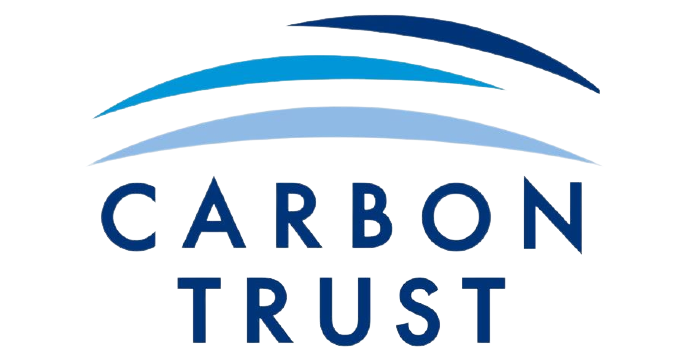1 December 2023: The competition stage of the Zero Emission Generators (ZE-Gen) Circularity Challenge has announced The CoolCycle Project as the overall winning innovation, selected to receive USD $50,000 to help bring its transformative solution to life.
The CoolCycle Project is the combined effort of two Nigeria-based organisations – Youth Sustainable Development Network and KAMIM Technologies, led by Damilola Hamid Balogun and Adekoyejo Kuye. Having been selected to receive the $50,000 competition prize, Cool Cycle will use the funding to launch a pilot project in Epe, Lagos State, Nigeria.
The CoolCycle Project repurposes parts from disused generators to create affordable, energy-efficient solar-powered cooling systems, addressing generator waste and cooling needs to transform waste into wealth for Nigerian farmers.
The cold storage systems will be deployed at farm clusters, first-mile distribution/aggregation centres, local markets, and other critical points across the food supply chain. This solution simultaneously tackles post-harvest losses and environmental challenges associated with end-of-life generators. The project’s pilot in Epe will involve the repurposing of eight end-of-life generators, resulting in the construction of two commercial-size walk-in 5000kg capacity cold rooms, deployed on two farms.
The ZE-Gen Circularity Challenge, launched in May 2023, aims to accelerate the circularity of fossil fuel-powered generators in Nigeria. Through the multi-stage competition, applicants were assessed against key criteria, including potential scalability, circular economy alignment, fossil fuel displacement, job creation opportunities, innovation, and sustainable development consideration. The selection panel was comprised of four Nigeria-based sector experts: Kemi Ajakaiye – Board member of African Circular Economy Network, Tomilola Olakiigbe – Finance Manager at All On, Yasmin Osaghae – Country Coordinator at Manufacturing Africa and Zira Quaghe – Nigeria Advisor at Integrate to Zero. The top three candidates received funding of $10,000 each, undertaking an eight-week feasibility study to develop and test their technologies, culminating in a final pitch presentation to the panel of experts to determine an ultimate winner.
Reflecting on the vision and ambition of the project, Adekoyejo Kuye, The CoolCycle Project Co-Ordinator said: “Waste management is undergoing a shift from a linear model to a circular and resource recovery one, and The CoolCycle Project exemplifies this transformation in action. Our initiative revolves around the innovative repurposing of components from discarded generators, seamlessly integrating them into cost-effective cooling solutions to mitigate environmental hazards associated with end-of-life fossil generators, enhance access to sustainable energy, and deliver essential cooling solutions to underserved communities. We are confident in the transformative potential of this project, and to scale from these commercial pilots to other farming communities across Nigeria”.
Further updates will be shared on the progress of the winning project as the deployment of the pilot project gets underway over the coming months.
The competition was closely contested, with innovative ideas and passionate teams vying for the prize. Deserving of recognition, the two runners up from the feasibility study stage: Husk Power and Nevadic Solar.
Husk Power’s design repurposes fossil fuel generators into solar-powered irrigation water pumps, promoting resilient agriculture and inclusive livelihoods. The company’s feasibility study involved extensive market research in the rural communities where it had already deployed solar mini-grids. Husk also researched the generator market, business models, and opportunities for emissions reduction, socio-economic impacts, and profitability.
Nevadic Solar, (Project Re-imagine) conducted a feasibility study on disassembling end-of-life generators to create prime movers (PRPMs) for applications in rural Nigerian communities: powering irrigation pumps, food grinding and rice milling machines. The study addressed a number of key research questions related to the repurposing of generators for use in the agricultural sector, including the efficiency of renewable energy systems for driving equipment, and the feasibility of converting alternators from generators into a DC motor. Ultimately, the company was able to prove its concept by constructing a milling machine from generator parts.
Results from The CoolCycle Project will be shared at the end of the demonstration phase.






















